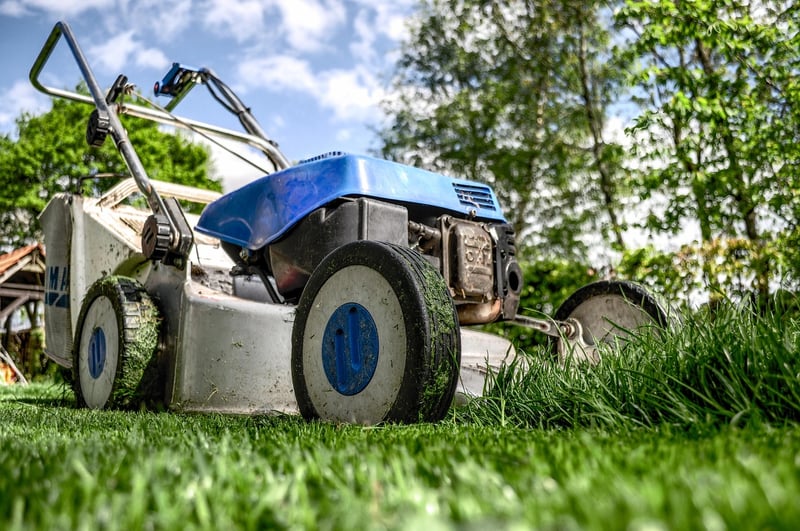Pest Control
Keeping Your Plants Healthy: Tips for Pest Control
Plants bring life and beauty to our homes and gardens, but keeping them healthy can sometimes be a challenge, especially when dealing with pests. Here are some tips to help you maintain healthy plants and control pests effectively.
1. Choose the Right Plants
Before planting anything, research the types of plants that are well-suited for your specific location and climate. Choosing plants that thrive in your area will make them less susceptible to pests and diseases.
2. Provide Proper Care
Proper watering, fertilizing, and pruning are essential for plant health. Overwatering can attract pests like fungus gnats, while underwatering can stress plants, making them more vulnerable to attacks. Follow specific care instructions for each plant to ensure optimal growth.
3. Inspect Regularly
Make it a habit to inspect your plants regularly for any signs of pests or diseases. Look for chewed leaves, discolored spots, or sticky residue, which could indicate the presence of pests. Early detection is key to preventing infestations.
4. Use Natural Remedies
Consider using natural pest control methods like neem oil, insecticidal soap, or diatomaceous earth to combat common plant pests such as aphids, mealybugs, and spider mites. These remedies are less harmful to the environment and safer for beneficial insects.
5. Practice Crop Rotation
If you have a vegetable garden, practice crop rotation to prevent the buildup of pests and diseases in the soil. Rotating crops each season helps disrupt the life cycle of pests and reduces the risk of infestations.
6. Attract Beneficial Insects
Encourage beneficial insects like ladybugs, lacewings, and parasitic wasps to your garden. These insects prey on common plant pests, acting as natural pest control agents. Planting nectar-rich flowers and avoiding pesticides can help attract and maintain beneficial insect populations.
7. Quarantine Infected Plants
If you notice a plant is severely infested with pests or diseases, isolate it from the rest of your plants to prevent further spread. Treat the infected plant separately and monitor it closely to avoid contaminating other plants.
Conclusion
By following these tips and staying vigilant, you can keep your plants healthy and thriving while effectively controlling pests. Remember that a healthy garden starts with preventive care and natural solutions that benefit both your plants and the environment.

Image source: Pixabay
